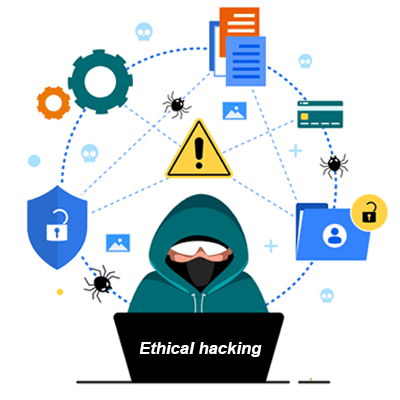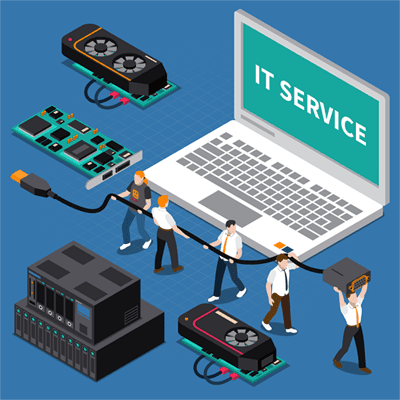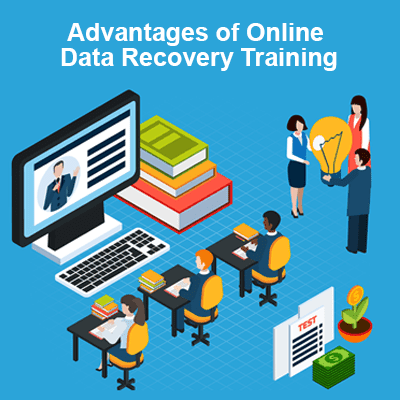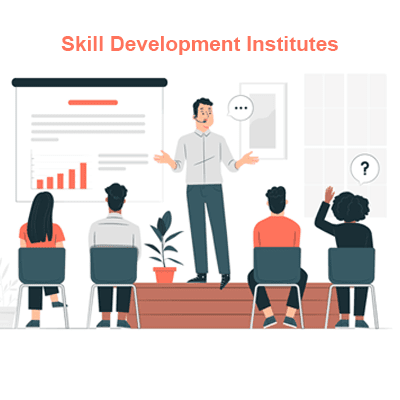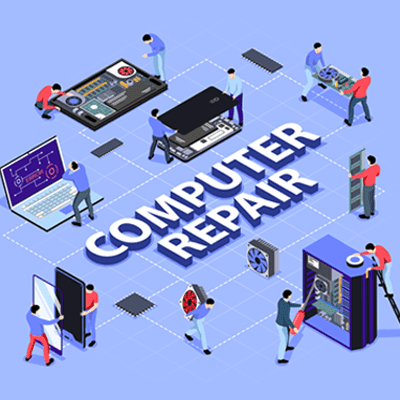Due to the Covid-19 situation and Lockdown regulations, online education has shifted from traditional education. Now online learning is the new standard for education. In between or after the pandemic, Cyber frauds have also increased. After the Lockdown, the traditional education system again started smoothly. So people are now hesitating to attend online training; they prefer offline classes.
Many people argue that they will not be able to learn well in online training or do not understand things correctly. People are afraid because of the education, Which costs $2000 offline, and they are getting the same training content or maybe better at $100; it is also a reason for people not to trust. There are more reasons Like, people do not want to compromise their education, and they want to learn in a better way from the personal mentor (teacher), so they are likely to move for the offline method and do not like to learn online, especially for the “specialized technical and skill development courses.”
We are also facing the same problem of “trust” Data Empire provides online Data Recovery training through case study videos at a low price that a technical person would not even dream of. They always heard that data recovery is only possible after installing expensive machines. But we are always talking about going with native methods and solutions. Advanced tools are also necessary, but you can work well on them only when you know all other important issues properly. We always say that you should take offline training for expertise, but offline training for technical upgradation is unnecessary. In comparison, both online and offline data recovery training have their merits.
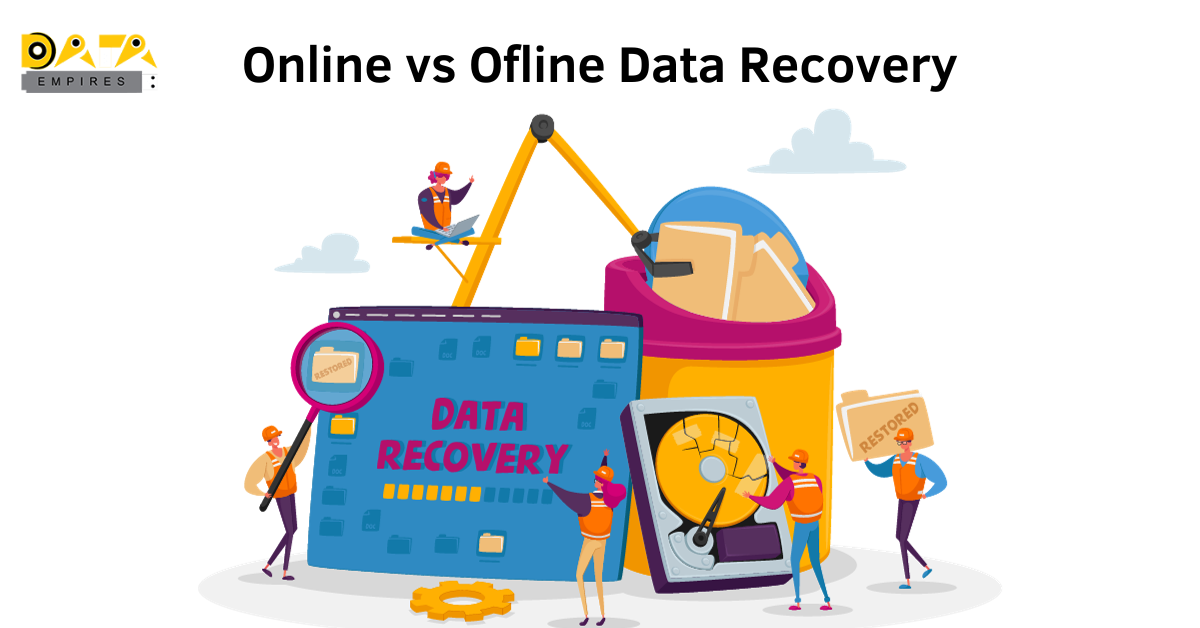
Here are some reasons why you should have to attend our professional online training before going to the offline classroom training:
In conclusion, both online data recovery training and offline data recovery training have their merits. We are not against offline classroom training. We want you to research regarding investment, technology, tools, and process properly. Online training offers flexibility, accessibility, and cost-effectiveness, while offline training provides hands-on experience, immediate feedback, and networking opportunities. Ultimately, it depends on the individual to choose the learning preferences, availability, and specific training program content and goals. Some individuals may benefit more from combining online and offline training methods to maximize their learning experience.

